INTRODUCTION TO THE PROPHETS IN ISLAM
The prophets in Islam hold fundamental status in the Islamic tradition acting as intermediaries between Allah and man. According to Islamic teachings, there are prophet sent to earth 1,24,000 and the holy book Quran mentioned only 25 prophets names. All of these prophets serve the purpose of positing principles of monotheism, moral code and ethics into human society. The aims of this essay are to discuss the personages and main aspects of the prophets within the contexts of the Islamic religion, special emphasis will be paid to their background, followers, their emotions’ impact, and scientific discoveries.
NUMBER OF PROPHETS IN ISLAM
It is however still an object of theological importance to determine the exact number of prophets in Islam. Though the Quran clearly talks of 25 prophets, it is believed in Islamic culture that more than thousands of prophets were sent to humanity for its guidance. These figures include well-known prophets such as:
- Adam: The first man and the messenger, who is known as the father of everyone.
- Noah (Nuh): Best remembered in his story for his fifty years faith during a time of disbelief.
- Abraham (Ibrahim): Demigod who is best known for his monogamous concept of divinity and who is the parent to scores of prophets.
- Moses (Musa): A Moses who delivered the Israelites from the hands of Pharaoh.
- Jesus (Isa): He is known in the Islamic tradition as a Prophet and a Messenger, who also worked wonders.
- Muhammad: The last of them, also known as the Warinah or the Rasul.
The appointment of these totally different types of individuals as prophets show the merciful and guiding nature of Allah irrespective of colour, language or location.
THE BELIEVERS OF THE PROPHETS IN ISLAM
The very prophets in Islam received different numbers of people – some of them followers were few in number, while others where in numbers of nation. For instance, although Prophet Noah called people to Islam for over 950 years, only a few believed in him. On the other hand, the teachings of Prophet Muhammad brought different tribes and communities collectively into a large and present day Ummah. Such a variety of opportunities demonstrate the difficulties and achievements of the prophets in Islam, who set themselves the task of delivering the word of God.
BELIEFS OF THE PROPHETS IN ISLAM
Underlying the prophetic traditions in Islam is the Shathaniya of Tawhid – or monotheism. In brief, they underlined the duties of Tawhid and adoration of Allah and the injunctions of the Shari`ah. Each prophet’s teachings were tailored to the unique contexts of their societies:
- Moses: He blowing the horn sought justice and complied with God’s laws among the Israelites.
- Jesus: He taught love, kindness and tolerance.
- Prophet Muhammad: He introduced the system that was of both religious and political nature and that strengthened the Islamic system.
Violent beliefs are contrary to the teachings of the prophets of Islam enshrined on faith, ethics ad community.
BIRTHPLACES OF THE PROPHETS IN ISLAM
The prophets in Islam were born in diverse locations, symbolizing the universal nature of their messages:
- Adam: Traditionally tied to modern Iraq, he is regarded to be the first human and prophet.
- Moses: He is iconic in the battle for the freedom of the Israelites being an Egyptian by birth.
- Jesus: Called as one of the most esteemed prophets in both religions, he was born in Bethlehem.
- Muhammad: Lastly, completed the cycle of prophethood, he was born in Mecca Saudi Arabia, Allah gave him the final revelation.
Such geographic distribution helps to explain who the prophets within the Islamic faith are for all of us irrespective of our respective nationalities.
GROWING UP AS A PROPHET IN ISLAM
Fates are revealed in the early history of the Prophet and his followers in Islam. For example:
- Muhammad: But like many of the prophets, Muhammad lost his parents during his childhood, he grew up with his grandfather and an uncle. He intended to toughen the person and make him compassionate and strong for this role and he succeed deeply.
- Moses: Moses, who grew up as a prince of Egypt, could comprehend royal luxuries as well as slavery, so the man was ready to free штis people.
Some of these kind of initial training equipped them for their prophetic callings or else provide the frame work for some of the most inspiring stories of faith and hope.
EMOTIONAL STORIES OF THE PROPHETS IN ISLAM
The emotional journeys of the prophets in Islam are rich with lessons and profound insights:
- Noah’s Struggle: Throughout centuries Noah went around preaching but, trust me you he was laughed at and rejected at every turn, still he never faltered. It also means hope and divine favour when Noah was able to endure the great flood.
- Abraham’s Test: One could safely argue that there is nothing one can do for God, which would be crowned by more obedience than what Abraham was ready to do; namely to sacrifice his son, Ishmael, upon God’s command. This act of submission is remembered during the eid al-adha that is a period of happiness and thankfulness.
- Moses and the Pharaoh: One of the dramatic confrontations we have seen so far is Moses who faced the Pharaoh in unknown yet a courageous manner. Not only, his followers were inspired but generations to follow through his sectional leadership and faith in Allah’s support.
- Muhammad’s Early Trials: The period of Mecca was characterized by difficulties in the work of the prophet, and even persecution of Muhammad and his followers. The greatest characteristic exhibited by him is his stubbornness to propagate Islam amongst the people in hardship.
FUTURISTIC SCIENCE FACTS FROM THE PROPHETS IN ISLAM
Many teachings and narratives involving the prophets in Islam have been found to align with contemporary scientific discoveries:
- Embryology: Stages of embryonic development are described in the Quran and they correspond to the contemporary knowledge of the subject. This has led scholars to ponder at the facts enumerated in the Qura’n at times long before he advent of modem science.
- The Expansion of the Universe: To illustrate that, the Quran reads that before Allah divided the heavens and the earth, they formed one mass, a fact that complements the Big Bang theory in modern astronomy.
- Natural Phenomena: The stories which are named prophetical, such as Noah’s flood and Moses’ parting the Red Sea, introduce the search for physics of highly dramatic events, what leads to the scientific investigation of history.
REAL STORIES PROVING THE PROPHETS IN ISLAM
The lives of the prophets in Islam are filled with miracles that served as signs of their prophethood:
- Moses’s Staff: When Moses threw his staff on the ground seeing Pharaoh the staff transformed into a serpent which was a clear sign that the Pharaoh was beingdivinely instructed. It made people accept him as a prophet and at the same time supported his political message, which favor liberation.
- Jesus’s Miracles: Besides giving parables with a deep meaning, Jesus gave a visible sign of what he was doing: healing the sick and, at times, raising the dead.
- Muhammad’s Night Journey: The Isra and Mi’raj is an important story from Muhammad’s life when the prophet was considered to have ‘night journey’ to Jerusalem and then to the sky. Neither is it coincidental that he would like to demonstrate that his mission is of a prophetic nature and that the terrestrial world is connected to the divine.
CONCLUSION: THE PROPHETS IN ISLAM
The concept of prophets in Islam is not a simple story of personalities in history of religions; the prophets in Islam are again spiritual and moral values which humanity in totality continues to follow in the modern world. These are some of the aspects that run through their lives: faith, hope and charity. copy Each of the prophets delivered his own distinct message that sets it apart from other religions with adherents of one religion governed by different principles of worship, ethical code and fellowship.
The following may be the possible importance of the prophets in Islam If we know the prophets, we can understand better the belief that is taught in Islam in as much as it deals with justice, mercy and the oneness of the Almighty God. Both of these men’s legacies are the pursuit of knowledge and of the divine divine human relationship.
In conclusion, the prophets in Islam, can be heard across the ages and cultures as a means of proving that Islam is for everyone. Many of them serve as fountains of hope, teaching those who listen how to find their way back to right and Godly living. Following the principles of historical narrative in Islamic prophetology, we make conclusions that are not only historical but containing philosophic depth, capable of guiding the lives of millions of people at the present stage.
Disclaimer: All the information above is collected from different websites and books, not directly collected by consumerviews.in
If you have any thoughts on this topic, we’d love to hear from you. Feel free to share your experiences or questions in the comments below! and don’t forget to share them with friends and others who might benefit! Save Consumerviews in your bookmark for easy access, and follow our Facebook Page Consumerviews India for more articles like this.
Also read,

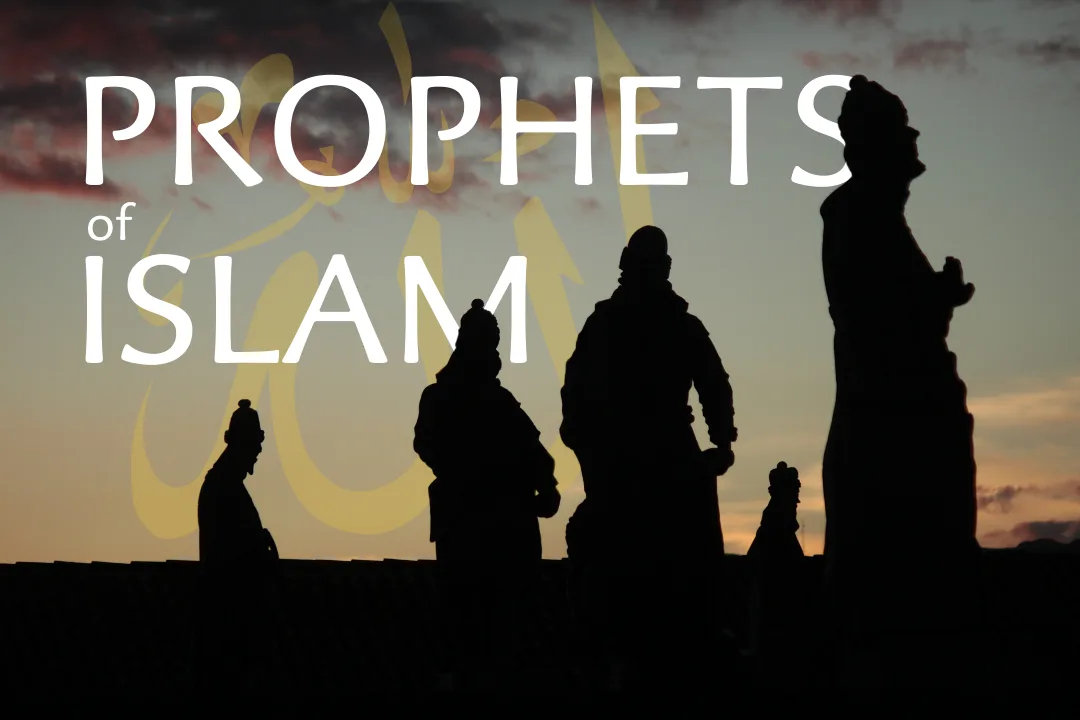
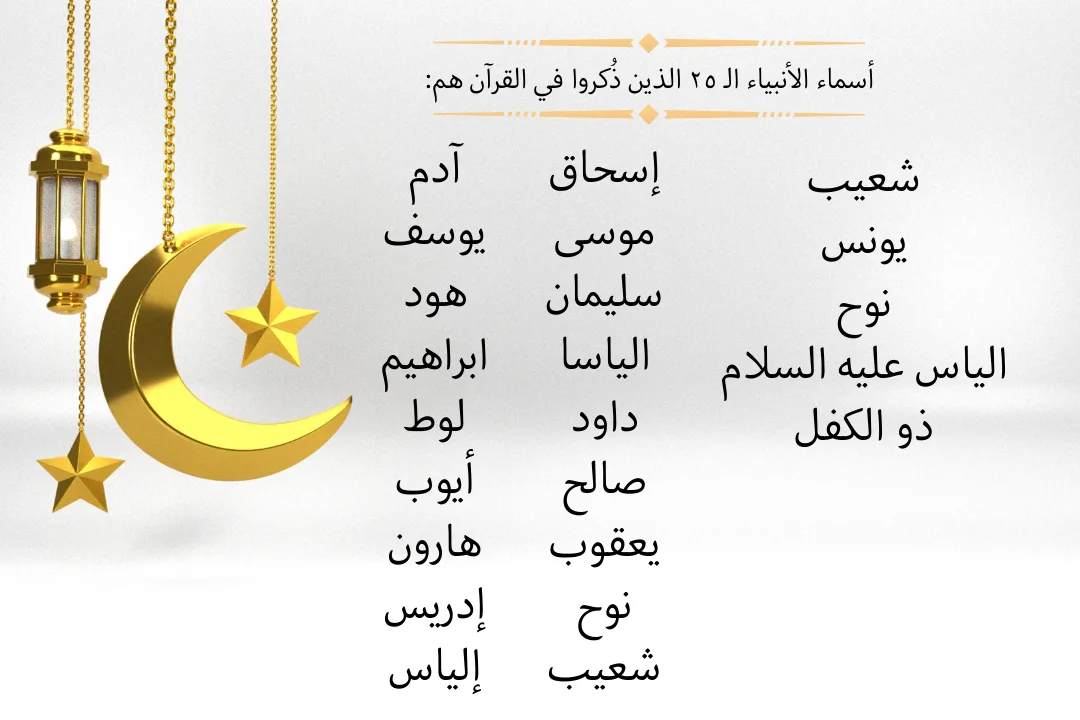

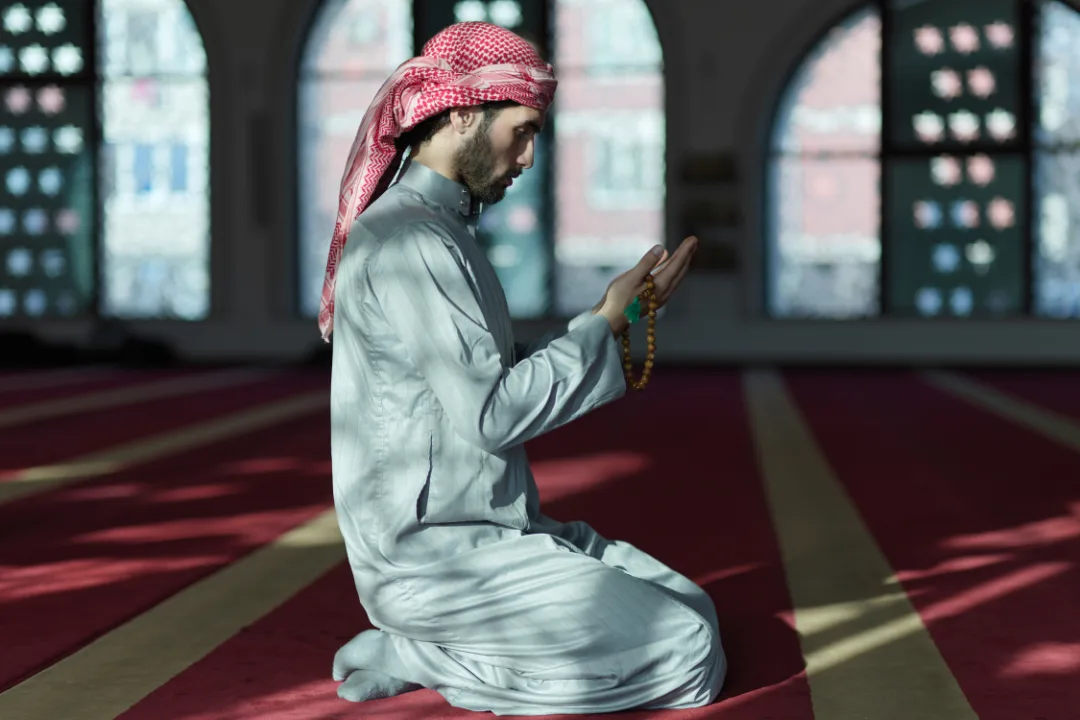
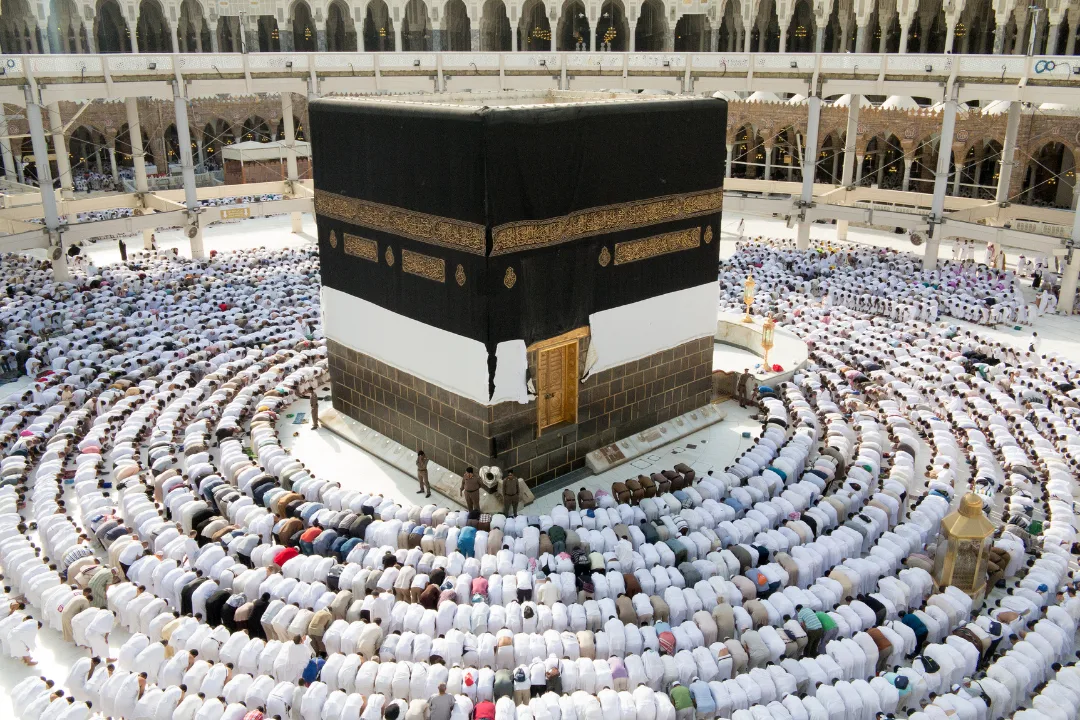
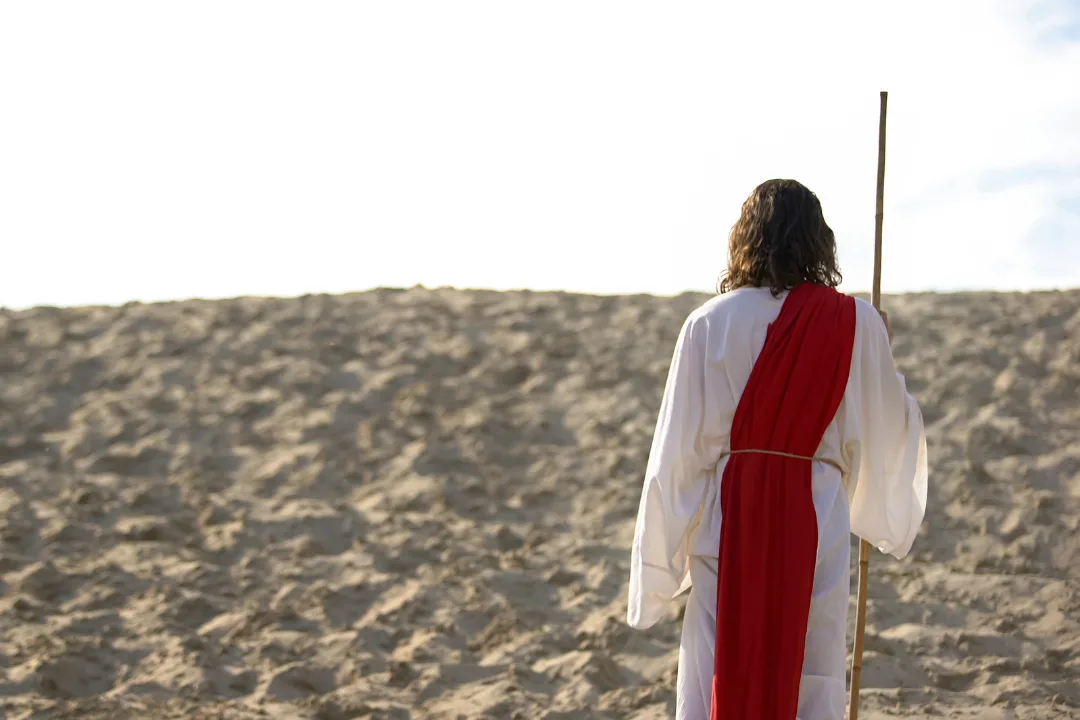
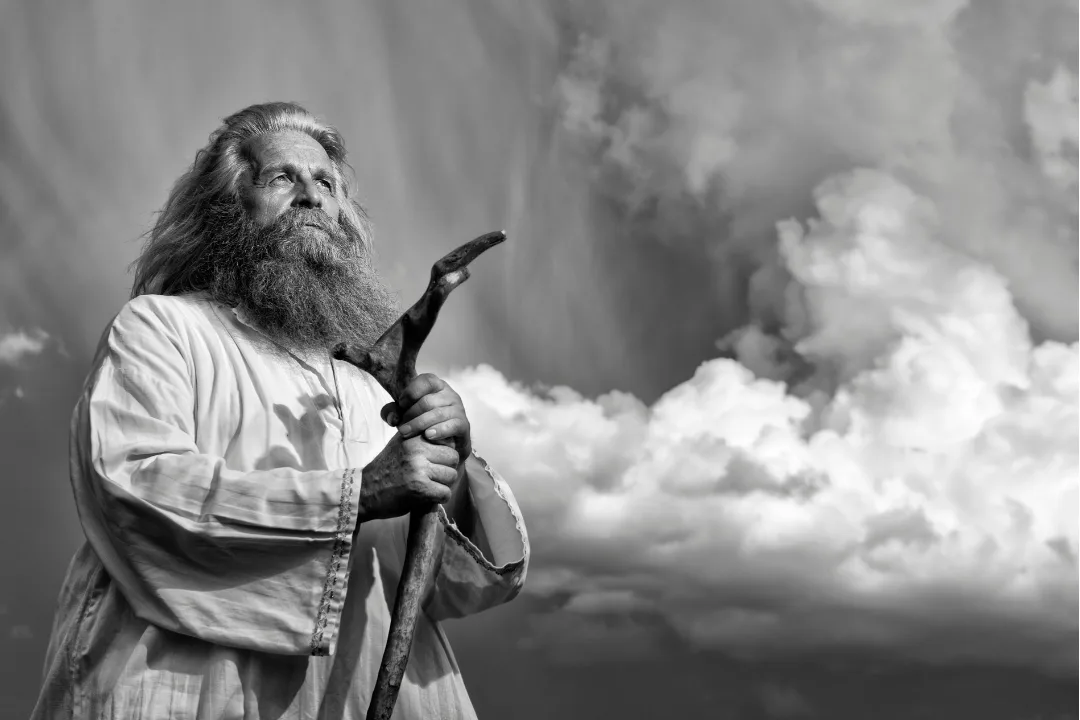



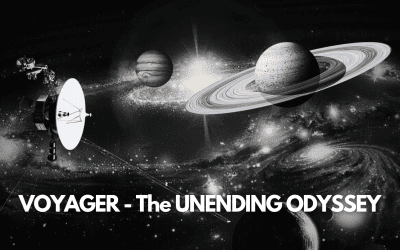



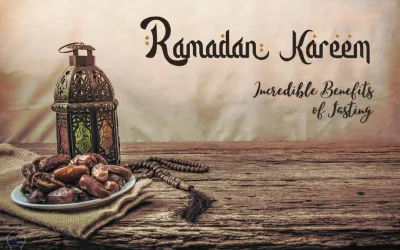
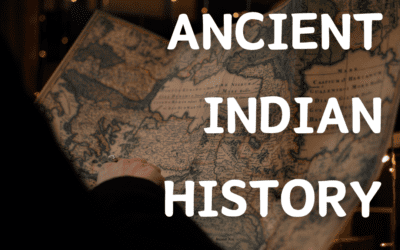
0 Comments